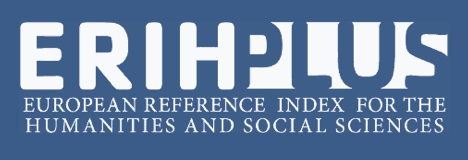A Development Strategy for the Leisure Industry in Taiwan
Abstract
As a result of advances in technology and the increase in GDP, more and more Taiwanese citizens are
spending time in leisure activities. The tourism industry is changing its business style to harmonise with developments
in the regional economies, and restructuring of industry and local businesses. This study aims to ascertain how to
improve local tourist industries, by focusing on how to attract more tourists and to increase revenues from tourism as
a leisure activity. We used qualitative research method including interview and we collected and assessed the relevant
research material. We used SWOT (Strengths, Weakness, Opportunities, Threats) method focusing on management of
Li-Chuan Aqua Farm to ascertain the future strategy likely to prove most effective. The solution we proposed was for
local landowners and stakeholders to respond to changes in the structure of the industry and to build tourism centres
where the customer is at the centre of concern. In this way most advantage will be gained. For a viable enhancement
of the leisure industry, the infrastructure must be improved. We suggest the government spares no effort to improve
the quality of tourism and eco-friendly leisure activities. Implications are that sensitive appreciation and presentation
of scenic, historic, cultural, and ecological features will increase economic potential of local tourism. As to future directions we expect Li-Chuan Aqua Farm to follow this plan and to break new ground and become a market leader in this field.

This work is licensed under a Creative Commons Attribution-NonCommercial 4.0 International License.













.jpg)








